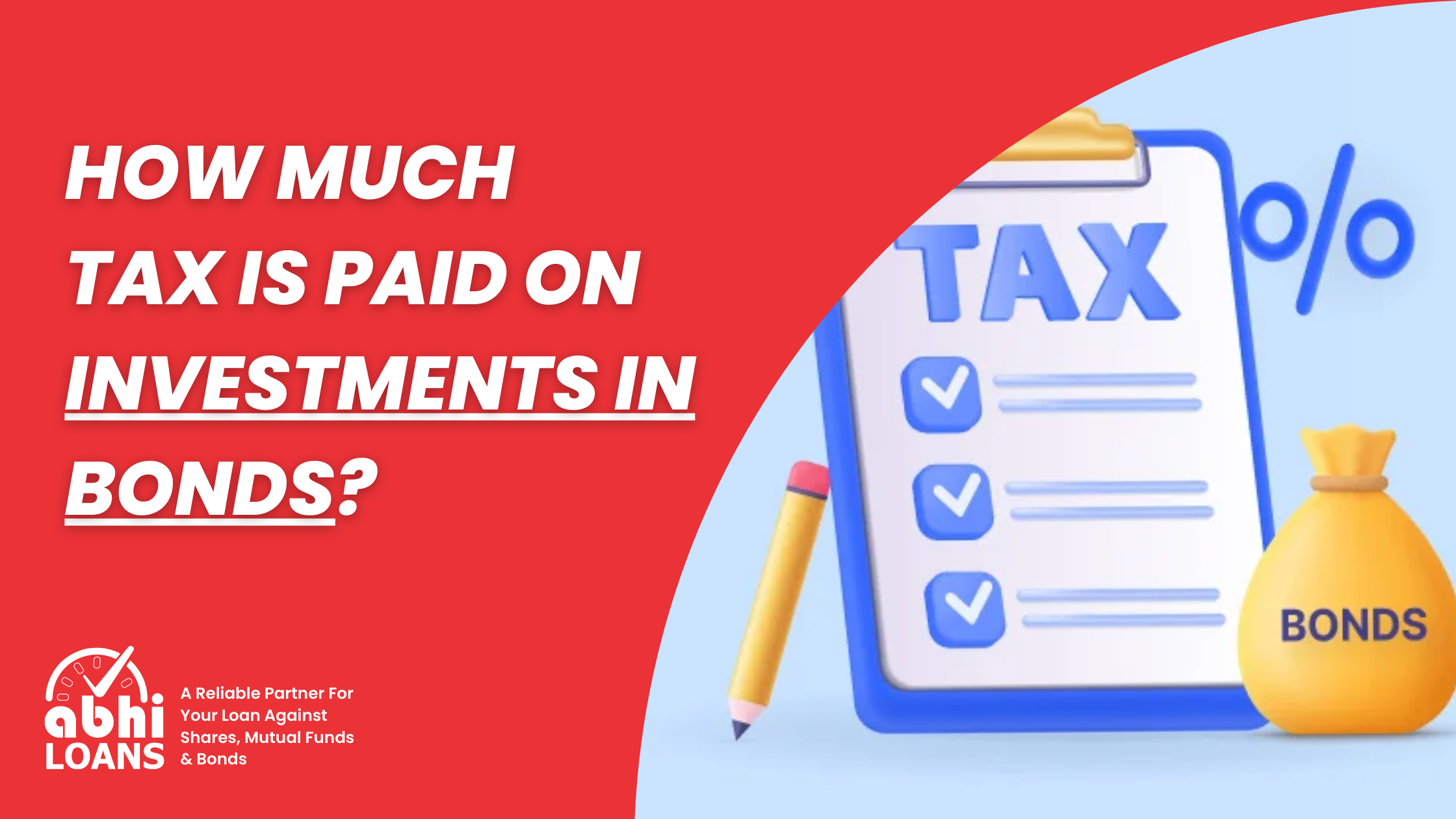How Much Tax is Paid on Investments in Bonds?
Investing in bonds can be a lucrative way to diversify your portfolio and generate steady income. However, it’s crucial to understand the tax implications of bond investments to avoid unexpected tax bills and maximize your returns. Different types of bonds may carry varying tax treatments, and factors such as interest payments and capital gains can affect your overall tax liability. Seeking guidance from a financial advisor or tax professional can help you navigate these complexities effectively. Understanding the tax implications ensures that you can make informed investment decisions aligned with your financial goals and risk tolerance. In this guide, we’ll cover everything you need to know about bond taxation, from the basics of how bonds work to the various tax implications for different types of bonds.
Introduction
Bonds are essentially loans that investors make to governments, municipalities, or corporations. When you buy a bond, you’re lending money to the issuer in exchange for regular interest payments and the return of the bond’s face value when it matures.
There are several types of bonds available, including government bonds, corporate bonds, municipal bonds, and more. Each type of investment in bonds has its own risk profile and potential tax implications.
Taxation of Bond Income
Interest earned on bonds is typically taxed as ordinary income, which means it’s subject to your regular income tax rate. The tax treatment of bond income varies depending on the type of bond:
- Government bonds: Interest on government bonds is fully taxable at the federal level. However, it may be exempt from state and local taxes, making them a tax-efficient investment for certain investors.
- Municipal bonds: Interest on municipal bonds is usually exempt from federal taxes and may also be exempt from state and local taxes if the bonds are issued by your state or municipality. This can make municipal bonds a tax-efficient investment for investors in high-tax brackets.
- Corporate bonds: Interest on corporate bonds is fully taxable at all levels—federal, state, and local.
Capital Gains Taxes on Bonds
When you sell a bond at a profit, you may be subject to capital gains taxes. The tax treatment of capital gains on bonds depends on how long you’ve held the bond:
- Short-term capital gains: If you sell a bond that you’ve held for one year or less, any profit is considered a short-term capital gain and is taxed at your ordinary income tax rate. It’s important to note that tax laws and rates regarding capital gains may vary between jurisdictions. Understanding these nuances can help you make informed decisions when managing your investment in bonds. Consulting with a tax advisor can provide further clarity on your specific tax obligations.
- Long-term capital gains: If you sell a bond that you’ve held for more than one year, any profit is considered a long-term capital gain. Long-term capital gains are taxed at lower rates than short-term gains, with rates ranging from 0% to 20% depending on your income level.
Tax-Advantaged Bond Investments
There are several tax-advantaged ways to invest in bonds:
- Retirement accounts: Bonds held in retirement accounts like IRAs and 401(k)s can grow tax-deferred, meaning you won’t pay taxes on the gains until you withdraw the money from the account.
- Municipal bond ETFs: Exchange-traded funds (ETFs) that invest in municipal bonds can offer tax-exempt income for certain investors, making them a tax-efficient way to invest in bonds.
Conclusion
Understanding the tax implications of bond investments is crucial for maximizing your returns and avoiding unexpected tax bills. By considering the type of bond, the tax treatment of bond income, and the potential for capital gains, you can make informed decisions about your bond investments. Proper tax planning can also help you optimize your overall investment strategy and minimize tax liabilities over time, contributing to long-term financial success. Consulting with financial and tax professionals can provide valuable insights tailored to your specific investment goals and circumstances.
FAQs
Q: What if I bought a bond at a premium and sold it below par value? Do I still pay capital gains tax?
Yes, you may still owe capital gains tax on the difference between the sale price and the bond’s adjusted basis, which includes the premium you paid.
Q: How do I report bond income and capital gains on my tax return?
Bond income is typically reported on Schedule B of your tax return, while capital gains are reported on Schedule D.
Q: Are there any tax deductions or credits available for bond investors?
There are no specific deductions or credits for bond investors, but you may be able to deduct investment expenses if you itemize deductions.
Q: What are the tax implications of reinvesting bond interest payments?
Reinvested bond interest is generally taxed in the same way as if you had received the interest in cash.
Q: How can I minimize the tax impact of my bond investments?
You can minimize taxes by investing in tax-efficient bonds, such as municipal bonds, and holding them in tax-advantaged accounts like IRAs.

